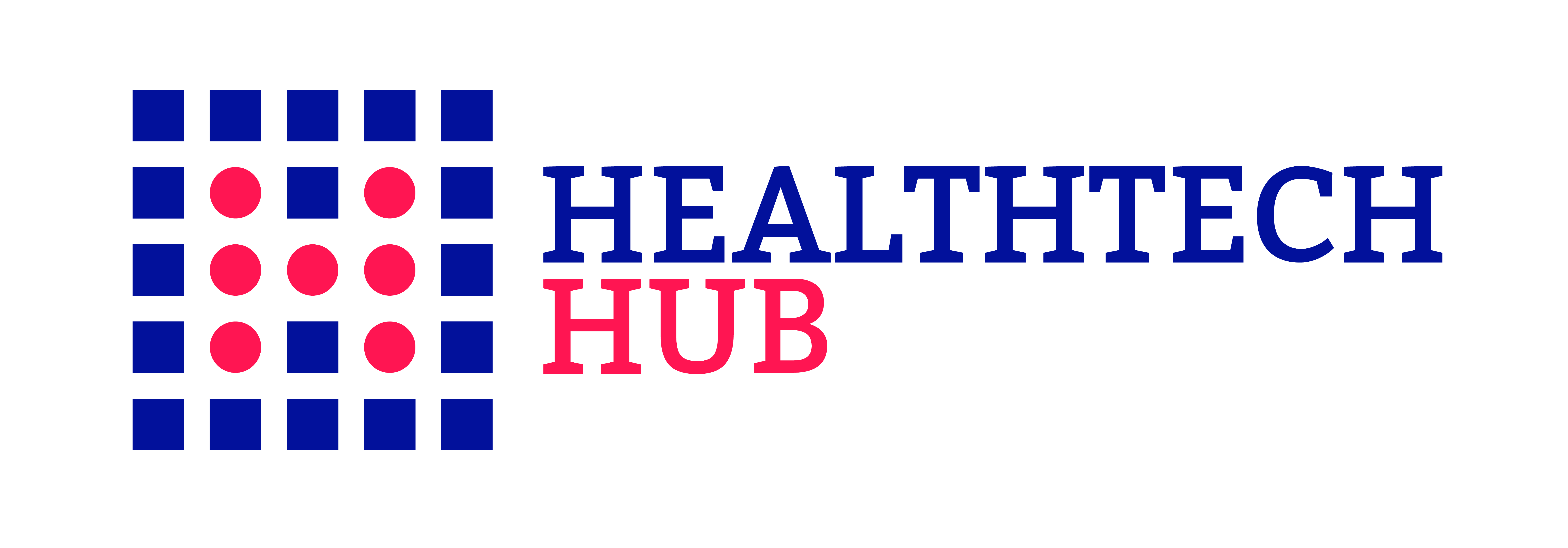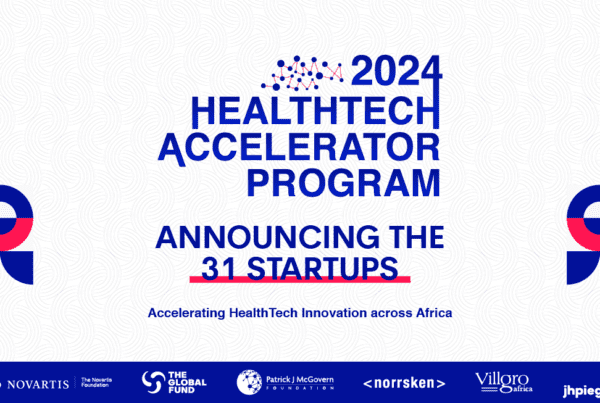
Source – Freepik
Healthcare delivery in many developing countries faces numerous challenges, including inadequate healthcare infrastructure, insufficient healthcare workforce, and lack of access to essential healthcare services. These challenges have contributed to poor health outcomes for many people in these countries. However, health-tech startups are emerging as game-changers in healthcare delivery. They leverage digital technologies to develop innovative solutions that address some of the critical challenges facing healthcare delivery in these countries.
These startups are creating solutions that are accessible, affordable, and efficient, ultimately improving health outcomes for many people. Healthtech startups are revolutionizing healthcare delivery by using digital technologies to improve access to healthcare services, enhance healthcare delivery efficiency, address workforce shortages, and enhance healthcare financing. By doing so, health-tech startups are transforming the healthcare landscape in these countries, improving health outcomes, and contributing to economic development.
Enhancing Access to Healthcare Services

Source – Freepik
One of the significant challenges facing healthcare delivery in Africa is limited access to healthcare services, particularly for people living in rural areas. However, health-tech startups are leveraging digital technologies to develop innovative solutions that enhance access to healthcare services. Telemedicine is one such solution that has proven essential in improving access to healthcare services. Telemedicine enables patients to consult with healthcare professionals remotely, eliminating the need to travel long distances to access healthcare services.
Healthtech startups are also developing mobile health applications that enable patients to access healthcare services, such as booking appointments, accessing healthcare information, and managing their health conditions from their mobile devices. These solutions are essential in improving access to healthcare services, especially for people living in areas with limited healthcare infrastructure.
Improving Healthcare Delivery Efficiency

Source – Freepik
Healthtech startups use digital technologies to enhance healthcare delivery efficiency by streamlining healthcare processes and improving communication between providers and patients. Electronic health records (EHRs) systems are one solution that has proven essential in enhancing healthcare delivery efficiency. EHRs enable healthcare providers to access patient health records in real-time, enabling them to make informed decisions about patient care.
Healthtech startups are also developing solutions that enable healthcare providers to track patient outcomes and monitor medication adherence, improving patients’ quality of care. These solutions are essential in improving healthcare delivery efficiency, ultimately contributing to better patient health outcomes.
Addressing Healthcare Workforce Shortages
Healthcare workforce shortages are a significant challenge in many African countries, with many countries having fewer healthcare professionals per capita than the World Health Organization’s recommended threshold. Healthtech startups are addressing this challenge by developing solutions enabling healthcare providers to work more efficiently, enabling them to provide care to more patients.
For example, some startups are developing medical diagnostic tools that enable healthcare professionals to make diagnoses quickly and accurately, improving their productivity and enabling them to serve more patients. Other startups are developing solutions that enable healthcare professionals to collaborate remotely, sharing knowledge and expertise and improving patient outcomes.
Enhancing Healthcare Financing

Source – Freepik
Healthcare financing is a significant challenge in Africa, with many people unable to access essential healthcare services due to financial constraints. Healthtech startups are addressing this challenge by developing innovative financing solutions enabling patients to access affordable healthcare services.
For example, some startups are developing micro-insurance solutions that enable patients to pay for healthcare services in instalments, making healthcare services more affordable. Other startups are developing crowdfunding platforms that enable patients to raise funds for medical procedures and treatments, reducing the financial burden of healthcare on patients.
In addition to the points mentioned above, health-tech startups are also playing a significant role in addressing other challenges facing healthcare delivery in Africa, including:
- Preventive Care: Healthtech startups leverage digital technologies to develop innovative solutions promoting preventive care. These solutions include health education platforms, wearable devices that track health metrics, and personalized nutrition plans. By promoting preventive care, health-tech startups are reducing the burden on the healthcare system and improving health outcomes for patients.
- Remote Monitoring: Healthtech startups are developing solutions that enable healthcare providers to monitor patients remotely, especially those with chronic conditions. Remote monitoring solutions include wearables that track vital signs, mobile apps that enable patients to self-monitor, and virtual consultations with healthcare professionals. These solutions are essential in improving patient outcomes and reducing healthcare costs.
- Supply Chain Management: Healthtech startups are developing solutions that improve supply chain management in the healthcare sector. These solutions include inventory management systems, real-time tracking of medical supplies, and predictive analytics that enable healthcare providers to anticipate supply chain disruptions. By improving supply chain management, health-tech startups ensure that healthcare providers have access to essential medical supplies and equipment, ultimately improving patient outcomes.
- Mental Health: Healthtech startups are developing solutions that address the growing need for mental health services in Africa. These solutions include online counselling platforms, chatbots providing mental health support, and screening tools. By addressing the population’s mental health needs, health-tech startups are improving overall health outcomes and reducing the burden on the healthcare system.
- Data Analytics: Healthtech startups are using data analytics to improve healthcare delivery in Africa. Data analytics solutions include predictive analytics that enables healthcare providers to anticipate disease outbreaks, data mining that enables healthcare providers to identify high-risk patients, and machine learning that enables healthcare providers to make more accurate diagnoses. By leveraging data analytics, healthtech startups are improving healthcare delivery efficiency, reducing costs, and improving patient outcomes.
In conclusion, health-tech startups are transforming healthcare delivery in Africa, addressing many of the challenges facing the healthcare system in the region. By leveraging digital technologies to develop innovative solutions, health-tech startups are improving access to healthcare services, enhancing healthcare delivery efficiency, addressing workforce shortages, and enhancing healthcare financing. Additionally, health-tech startups are addressing other challenges facing healthcare delivery in Africa, including preventive care, remote monitoring, supply chain management, mental health, and data analytics. With continued support, health-tech startups in Africa have the potential to significantly improve health outcomes and contribute to economic development in the region.





